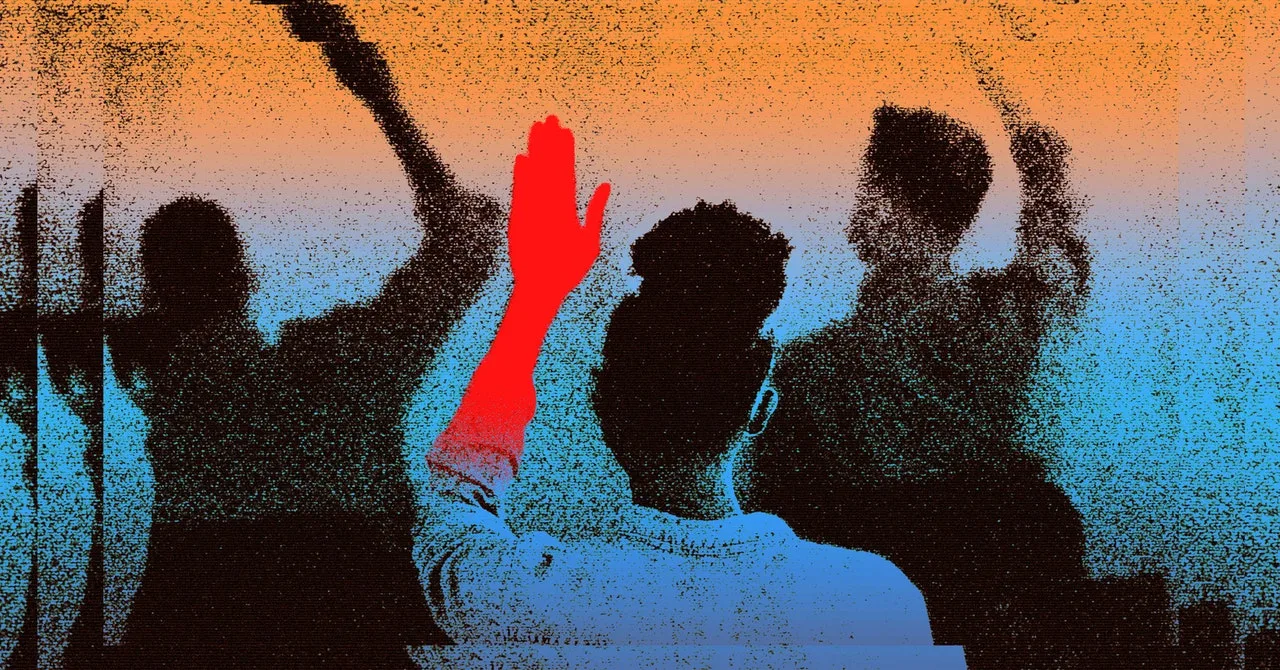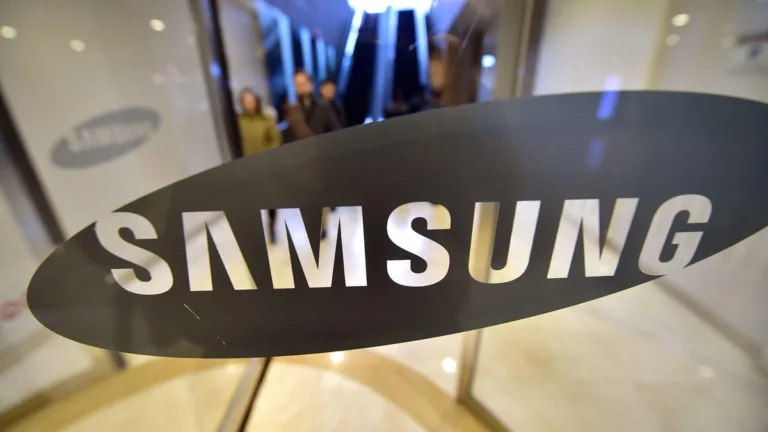The Dangers of Web Filtering in Schools: How Censorship Blocks Critical Access to Information
Introduction
In July, a student in Albuquerque, New Mexico, faced a distressing situation when attempting to access suicide prevention resources on their school-issued laptop. Blocked by the district’s web filter, the student’s repeated attempts to find help were unsuccessful. This incident is not isolated—school districts across the US use web filters to restrict students’ online access, but the consequences can be far-reaching. A recent investigation by WIRED reveals the harmful effects of this censorship, as web filters prevent students from accessing crucial information about their health, identity, and academic subjects.
The Scope of Web Filtering
WIRED’s investigation focused on Albuquerque Public Schools (APS), one of the largest school districts in the US. The district’s web-filtering systems were analyzed using 36 gigabytes of network logs, which provided insight into the wide range of content blocked by US schools every day. The investigation highlights the overriding influence of web filters in schools and questions the appropriateness and effectiveness of these systems.
The Consequences of Web Filtering
The investigation revealed that web filters often prevent students from accessing critical health resources and mental health services. Websites like the Centers for Disease Control and Prevention (CDC) and Planned Parenthood were unnecessarily blocked, hindering students’ ability to find reliable information. Furthermore, web filters restrict students’ access to topics such as race, ethnicity, gender, sexuality, and identity, preventing them from exploring their heritage and researching important events related to discrimination and violence.
Ineffectiveness and Over-Censorship
The investigation also shed light on the flaws in web-filtering technology. Many keyword-based filters used by APS, such as Blocksi and GoGuardian, often generate false positives, blocking websites and content that do not pose any harm to students. For example, innocent searches related to LGBTQ+ topics, racial justice, and historical events were blocked, severely limiting students’ access to information. This over-censorship raises questions about the effectiveness and impact of web filters on students’ education.
The Need for Balance
While web filtering aims to protect students from inappropriate content, the investigations’ findings highlight the need for a balanced approach. The auto-blocking nature of web filters can hinder students’ learning and limit their access to important information. Students’ ability to explore their identities, heritage, and engage in critical thinking can be restricted by these systems. Advocates argue that over-filtering can perpetuate oppressive structures and widen educational disparities among students.
The Discussion Around Web Filtering
The article discusses the history of web filtering and its role in schools. The Children’s Internet Protection Act (CIPA), passed in 2000, requires schools to implement web filters to be eligible for federal technology aid. Over the years, lawsuits and campaigns have raised concerns about the impact of web filtering on students’ civil liberties and the widespread censorship of LGBTQ+ content. Recent surveys reveal that students and teachers believe web filters hinder their ability to complete assignments and access essential information.
The Pressing Issue
The WIRED investigation emphasizes the need for schools to reevaluate their web-filtering practices. It highlights the potential harmful consequences of censorship on students’ mental health, academic achievement, and access to a diverse range of information. Finding the right balance between internet safety and free access to educational content is crucial in empowering students and promoting a holistic education.
Conclusion
The investigation into web filtering in schools reveals the detrimental effects of overzealous censorship. Students in Albuquerque and beyond are being denied critical access to information, hindering their educational opportunities and personal growth. As technology continues to shape learning environments, it is essential for schools and districts to reevaluate their approaches to web filtering, ensuring that students are not prevented from accessing the information they need to thrive.






